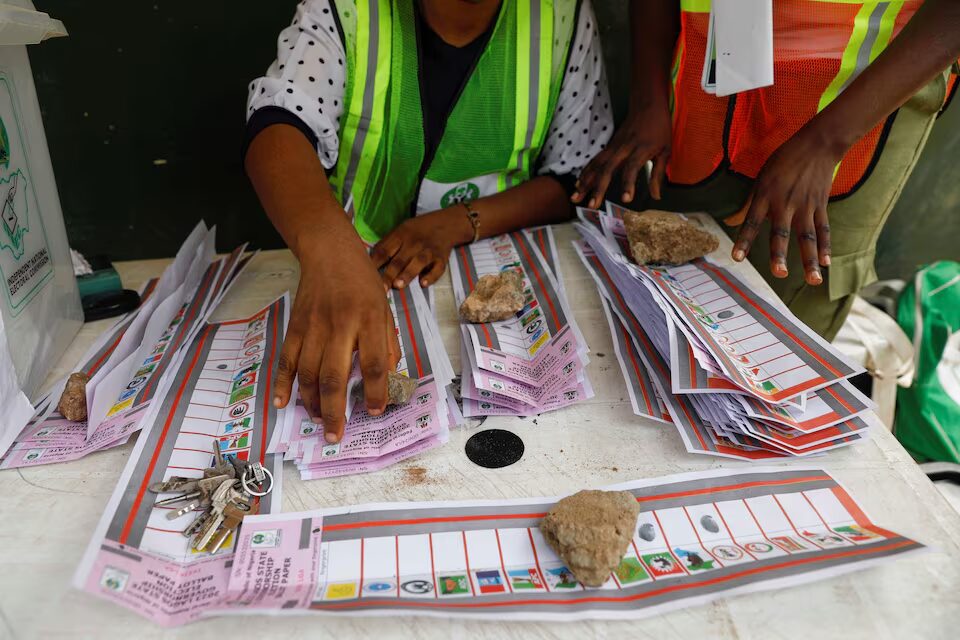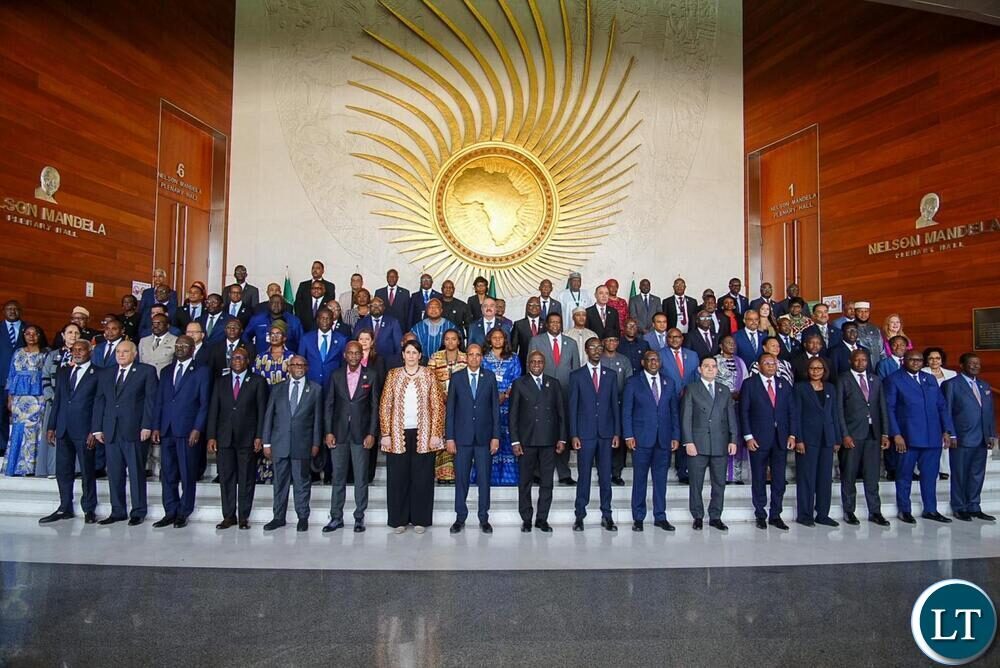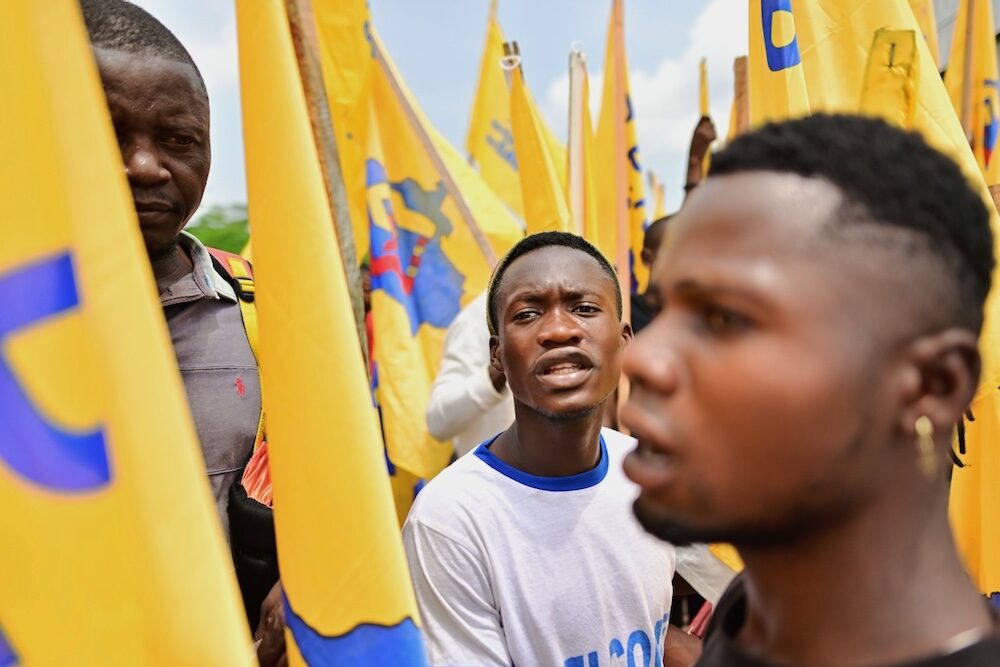
Wednesday 14th May 2025

By inAfrika Reporter
The African Development Bank reaffirmed its commitment to partnering with civil society organizations to advance Africa’s development agenda at the 2025 Civil Society Organizations Forum in Abidjan. More than 150 participants gathered at the Bank’s headquarters, while thousands joined virtually, to celebrate the pivotal role that non‑state actors play in shaping inclusive and sustainable growth across the continent. The forum’s theme, “Celebrating the Contribution of Civil Society to Africa’s Development,” underscored the belief that genuine progress depends on trust‑based collaboration between development institutions and grassroots stakeholders.
During the opening session, Zeneb Touré, Manager of the Bank’s Civil Society and Community Engagement Division, presented the Civil Society Engagement Action Plan for 2024–2028. This strategic framework lays out concrete measures to institutionalize civil society participation in project design, implementation, and monitoring. Beth Dunford, Vice‑President for Agriculture, Human and Social Development, received the plan on behalf of the Bank’s President, emphasizing that the Action Plan represents a turning point in transforming transactional interactions into lasting partnerships. The plan commits to regular consultations, capacity building, and streamlined feedback mechanisms, ensuring that the voices of women, youth, farmers, and marginalized communities inform the Bank’s operations.
Voices from across the continent highlighted the impact of decentralized engagement. Nnenna Nwabufo, Vice‑President for Regional Development, Integration and Service Delivery, shared success stories from programs in Central, West, East, Southern, and North Africa. She described a cross‑border sanitation project in the Central African Republic and the Democratic Republic of Congo that brought clean water and hygiene services to more than 2.4 million people while fostering community resilience. Participants praised this localized approach as a model for future initiatives.
A frank dialogue between senior Bank officials and civil society leaders explored critical topics such as environmental and social safeguards, climate action, agriculture, gender equality, youth empowerment, and grievance mechanisms. Representatives of the Bank‑Civil Society Committee, the Climate and Energy Coalition, and a network of women entrepreneurs emphasized the need for transparent information sharing and joint accountability. Augustine Njamnshi, a prominent climate advocate, welcomed the Action Plan’s adoption as a “historic turning point” and urged the Bank to ensure that community feedback drives policy adjustments in real time.
Kolyang Palebele, representing the Platform of Farmers’ Organizations of Africa, stressed that civil society is “the engine for change” and must be viewed as an equal partner rather than an external consultant. He argued that agricultural development projects achieve greater success when smallholder farmers help define objectives and evaluate outcomes. In response, the Bank pledged to allocate dedicated funding for farmer‑led monitoring and to pilot digital platforms that enable rural communities to report on project performance.
Beyond dialogue, the forum showcased capacity‑building workshops aimed at strengthening civil society’s organizational and advocacy skills. Topics included grant writing, project management, digital communication, and engagement with multilateral institutions. These sessions were designed to equip participants with the tools needed to influence policy and hold duty‑bearers accountable.
As the forum drew to a close, participants committed to an annual review process to assess progress against the Action Plan’s milestones. Senior management reiterated that the Bank’s strategy for fragility and resilience, its High‑5 priorities, and its broader development vision hinge on meaningful collaboration with civil society. By embedding trust, transparency, and mutual accountability at every stage, the African Development Bank aims to forge a new model of inclusive development one in which civil society is both a partner and a custodian of Africa’s collective future.


